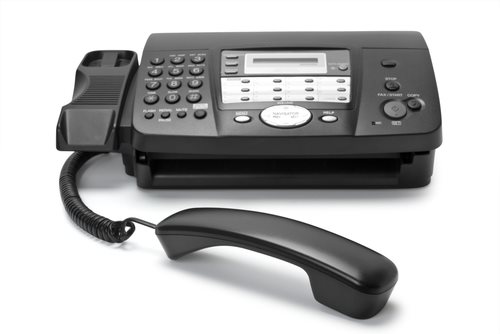3 Types of Product Liability Cases

What is Product Liability?
Product liability is a specific area of law within consumer law that governs and regulates the distribution of consumer products. Product liability places responsibility on the manufacturers, suppliers, retailers, distributors, and all other entities that make products available to the general consumer.
The issue of responsibility is tied into the use of the products and their after-effects in regards to the presence of injuries. Although the term “product” is broad, this particular field of law is limited to products in the form of tangible consumer-based items or property.
In the United States, those legal claims attached to the field of product liability will investigate the entity and products for breach of warranty, strict liability, negligence, and various consumer protection laws. The majority of product liability laws are developed and interpreted at the State level. As a result of this classification, the laws surrounding this field will fluctuate depending on jurisdiction.
Product liability suits are common forms of civil actions initiated by consumers who are hurt or accrue monetary damages from the use of a product. There are several forms of product liability. Each type of product liability claim will require the satisfaction of different elements.
The precepts within product liability law require that the service or product be used only in the manner in which it was sold, marketed or intended for. Injuries or damages resulting from improper – or unintended usage – typically free that vendor or manufacturer of liability.To familiarize yourself with product liability or to raise consumer awareness observe the following:
The review of a Commercial Warranty serving as a bond formed between the vendor and the consumer ensuring that the product purchased is functional and satisfactory;
A product recall resulting from faulty or flawed products whose presence on the commercial marketplace is considered to cause the threat of injury, damage, or death to consumers and users alike. Typically, consumer awareness is at its peak in the event that a product or service has been identified as both faulty and potentially dangerous.
Types of Product Liability
All product liability laws are covered in tort law. Product liability law distinguished between three major types of claims associated with the product’s use: manufacturing defects, design defects, and a failure to attach a warning label to the product.
Manufacturing defects occur in the creation process of the product. These claims typically result when the product was created with poor quality or shoddy workmanship.
Design defects occur when the product’s design is inherently dangerous or defective. The manufacturing efforts are not evaluated. This form of product liability can be demonstrated by showing that the product fails in satisfying ordinary expectations as to what is expected from a safe product. A favorable ruling will also be administered if the product’s risks outweigh its functions or benefit.
Lastly, a failure to warn defect will arise if the product carries an inherent, yet non-obvious danger which would be mitigated through an adequate warning label. These dangers must be present regardless of the product’s intended purpose, design, or materials.
A breach of warranty claim will focus on the product’s refusal or negligence to deliver the contractual obligations outlined in the good’s warranty. The warranty is a statement made by the seller or manufacturer of the product to ensure that the good will work and last. Warranty claims require privity between the injured party or plaintiff and the seller or manufacturer.
A typical negligence claim will consist of five elements: 1.) A duty must be owed; 2.) A breach of that duty must be realized; 3.) The breach must cause the plaintiff’s injury or damages; 4.) The breach must proximately cause the plaintiff’s injury; and 5.) The plaintiff must suffer an actual and quantifiable injury.


















